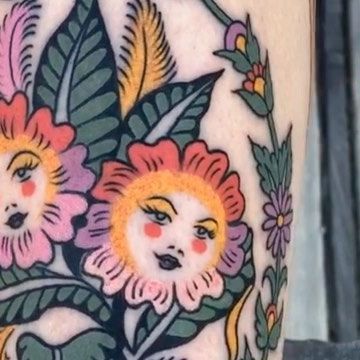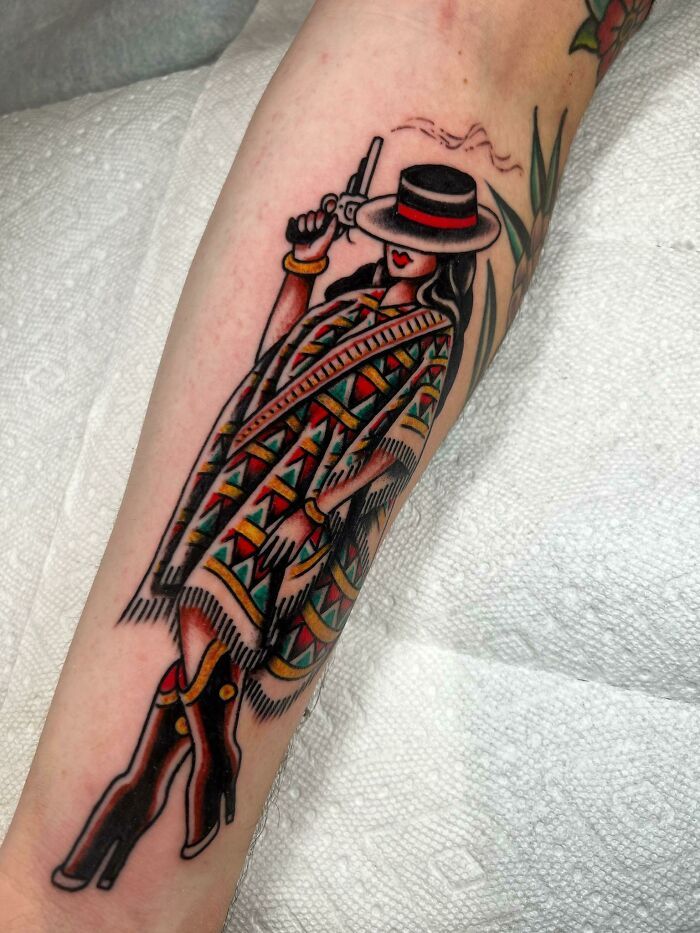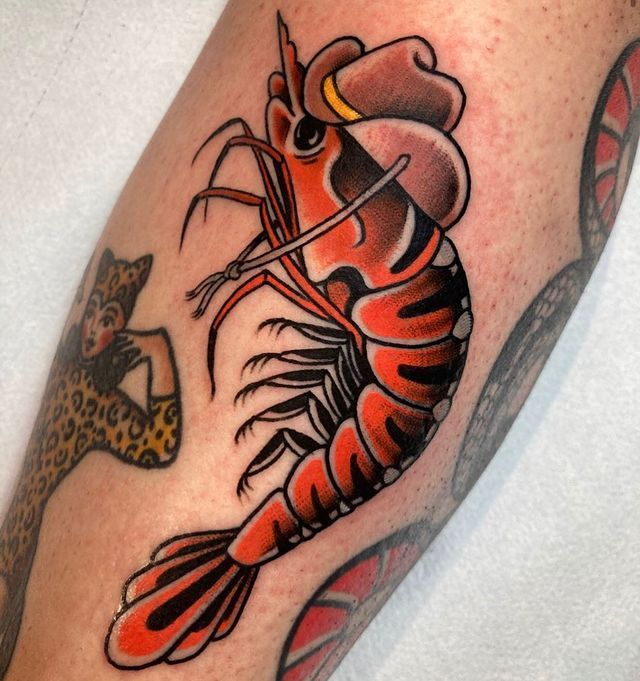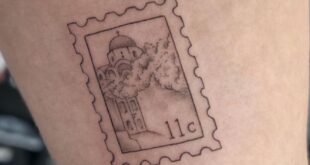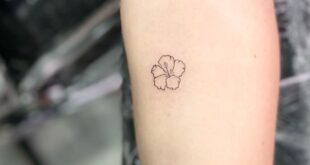The art of tattooing has been practiced for centuries by cultures all around the world. In many traditional societies, tattoos hold special cultural and spiritual significance. One of the oldest and most well-known traditional tattooing practices is the Polynesian tattoo.
Polynesian tattoos have a long history and have been an important part of Polynesian culture for thousands of years. In ancient Polynesia, tattoos were seen as a rite of passage and were used to mark important milestones in a person’s life, such as reaching puberty, getting married, or achieving greatness in battle.
Polynesian tattoos are characterized by intricate designs that are usually geometric in nature. These designs often incorporate symbols and patterns that have specific meanings within the culture. For example, the turtle symbolizes fertility and long life, while the shark teeth pattern represents protection and strength.
One of the unique features of Polynesian tattoos is that they are done by hand, using traditional tools such as bone combs and ink made from natural pigments. The process of getting a traditional Polynesian tattoo is a sacred ritual, with the tattoo artist often reciting prayers and chants while creating the design.
In addition to Polynesian tattoos, many other traditional tattooing practices exist around the world. For example, in Japan, the art of tattooing, known as Irezumi, has a long history and is associated with the yakuza (Japanese mafia). Traditional Japanese tattoos often feature elaborate designs of mythical creatures such as dragons and tigers, and are done using a technique called tebori, which involves hand-poking the ink into the skin.
In Africa, traditional tattoos are often used as a form of body adornment and as a way to symbolize one’s tribe or social status. In the Maori culture of New Zealand, tattoos known as moko are used to trace a person’s genealogy and to tell their life story.
While traditional tattooing practices have evolved over time, they continue to hold special significance in many cultures around the world. Today, many people choose to get traditional tattoos as a way to connect with their heritage or as a form of self-expression. Whether it’s a Polynesian tattoo, a Japanese Irezumi, or an African tribal design, traditional tattoos are a powerful reminder of the rich cultural tapestry of our world.
 innstyled Tattoo Ideas
innstyled Tattoo Ideas
